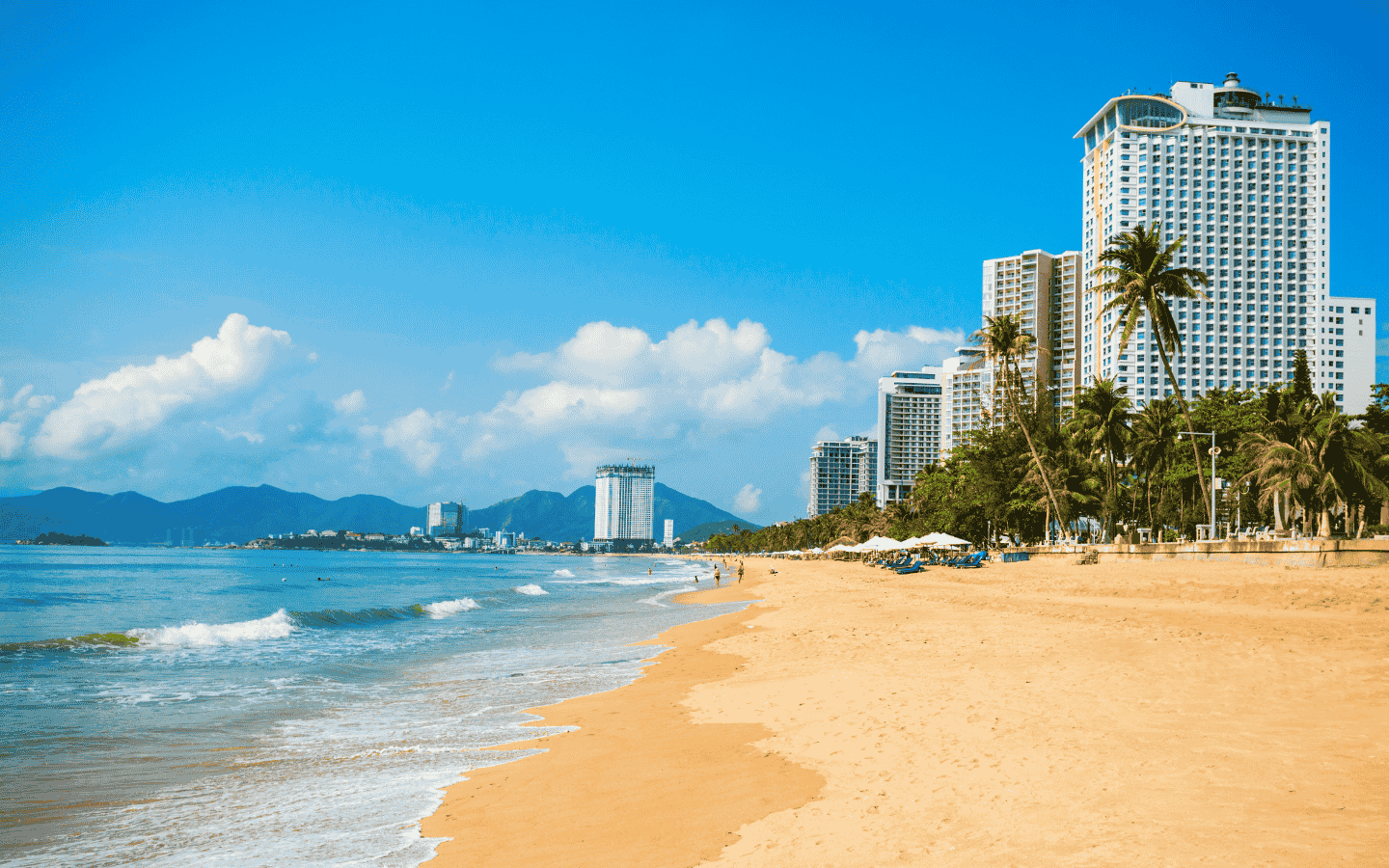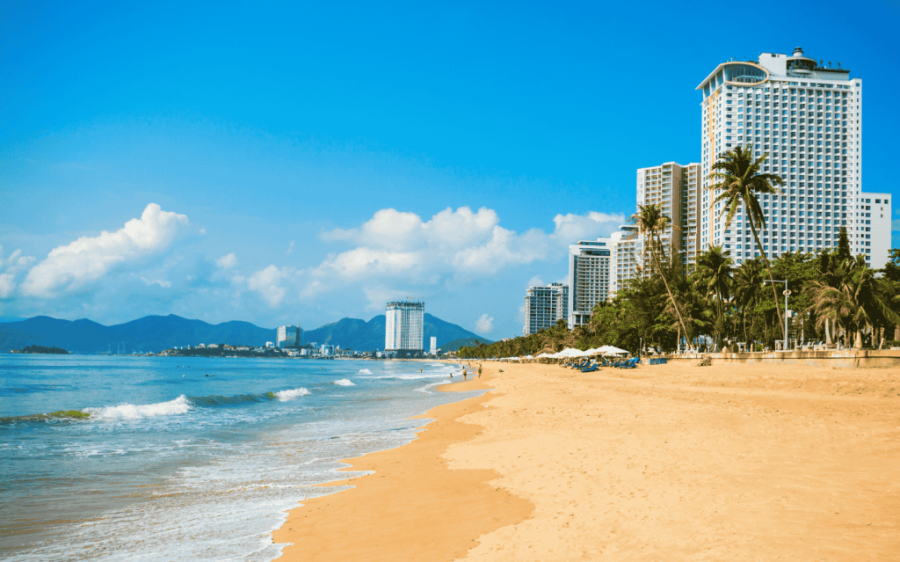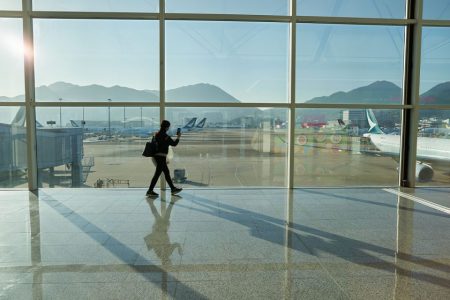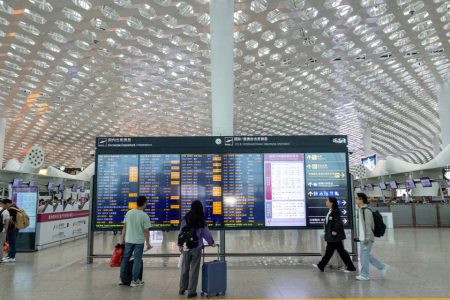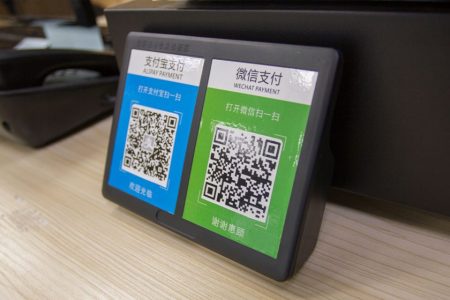Vietnam is an attractive destination to many because it is relatively cheap, offers great cuisine, lush landscapes and a rich history.
According to Skyscanner, the average flight time from Macao to Vietnam is 1 hour and 40 minutes, which makes it an easy destination to get to. There are direct flights from Macao to Hanoi (Air Macau), DaNang (Air Macau, VietJetAir), Cam Ranh (Bamboo Airways, VietJetAir) and Nha Trang (Bamboo Airways, VietJetAir).
[See more: How currency swings are going to be affecting summer vacations]
The country is also becoming more popular: according to the Mastercard Economic Institute (MEI), Nha Trang in Vietnam came 11th in a list of the top 15 most popular places for 2025.
Read on for some of the things you should know before you head over.
Check if you need a visa for Vietnam
In case you didn’t know, Macao passport holders require a visa to enter Vietnam. So, if you are travelling with one, make sure you apply for an e-visa in advance. A single-entry visa costs US$25, and a multiple entry visa costs US$50. You can check on the Identification Services Bureau website to see a list of places that require a visa if you are travelling abroad with a Macao passport.
Get your Vietnam SIM cards in advance

You can buy cheap and reliable SIM cards on Taobao, which means you don’t have to deal with comparing or searching for SIM cards when you land. Average prices range from 33 yuan for 5 days to 100 yuan for a whole month. Vinaphone and Viettel are the common service providers in Vietnam. Make sure to buy from sellers with good reviews.
[See more: Macao eyes new flights to South Korea and Vietnam as passenger numbers climb]
Download Grab if you’re travelling in Vietnam
Grab is the cheap, Southeast Asian equivalent of Uber and easy to use. You can choose between getting picked up by a motorbike or a car, but if you happen to be in a congested city like Hanoi, a motorbike will probably be the quicker option. Riding on a local driver’s motorbike offers a unique opportunity to immerse yourself in the heart of Vietnam’s world-famous traffic chaos. Stay calm and hold on tight!
Be ultra careful when crossing Vietnamese roads
Unlike Macao where you get fined if you jaywalk, jaywalking is a fact of life in Vietnam in many Vietnamese cities. Traffic is wild and chaotic and seems to obey no rules or acknowledge the existence of people on foot. You’ll have to follow the unfazed local pedestrians (and seasoned tourists) as they pick their way across the streets teeming with motorcycles and cars. Always keep your wits about you – and be brave!
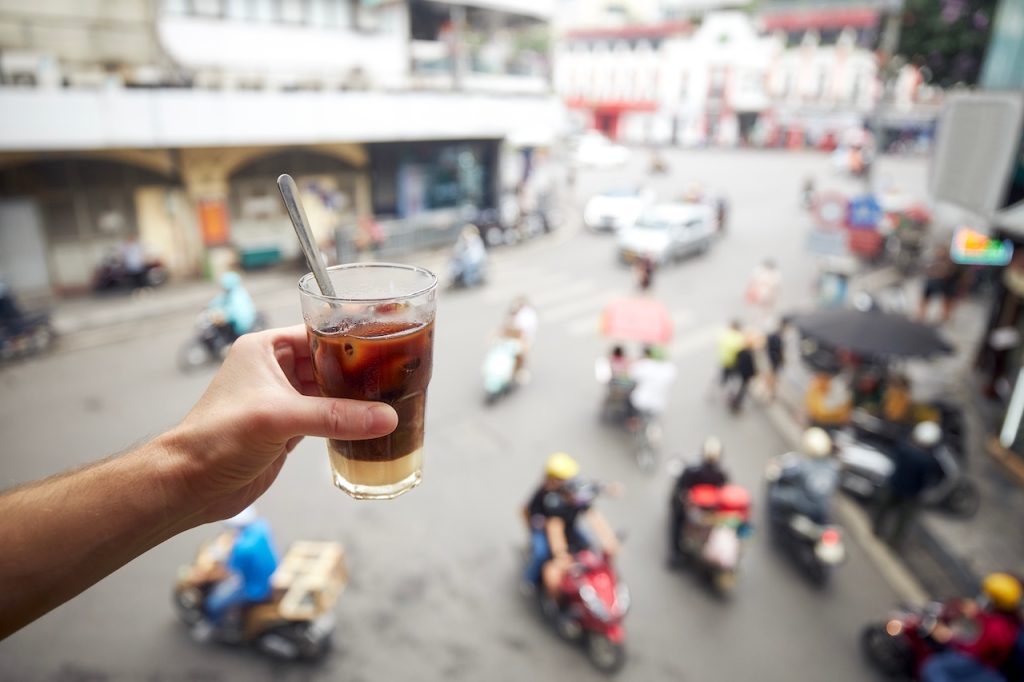
Vietnam’s coffee culture
Vietnam is known for its unique coffees, and coffee shops are everywhere in the cities. Many coffees have been invented to adapt to local taste buds and have interesting histories. For example, the ingenious egg coffee was invented out of a scarcity of milk and sugar during the 1940s by a Mr Giang, who was a former bartender at the Sofitel Legend Metropole in Hanoi. Egg coffee is made by whisking eggs and condensed milk into custard cream, which is then placed on top of the coffee.
Weasel coffee is another Vietnamese specialty. Coffee beans partially digested by the Asian palm civet are used to create coffee with a distinct flavour that is less bitter and described by some as chocolatey. (Do note that some weasel coffee may be produced unethically, with civets kept in captivity and solely fed on coffee berries.)
[See more: The Vietnamese: Inside Macao’s second biggest foreign community]
Vietnam has a great craft beer scene
Vietnam is known for good food, but did you know that they’ve got a remarkable craft beer scene? According to Beer Asia, there are more than thirty local craft breweries in Vietnam, making it one of the most prodigious producers of craft beer in Asia.
Similar to their coffee shops, microbreweries and taprooms are often found on city streets, serving interesting and innovative flavours like corn or rice beer. One of the most well-known breweries in Vietnam is Heart of Darkness. Its beers have won international awards such as the Asia Beer Championships, Hong Kong IWCSC and AIBA Melbourne. They pride themselves in using high quality, local ingredients and they have taprooms in Saigon and Da Nang.
